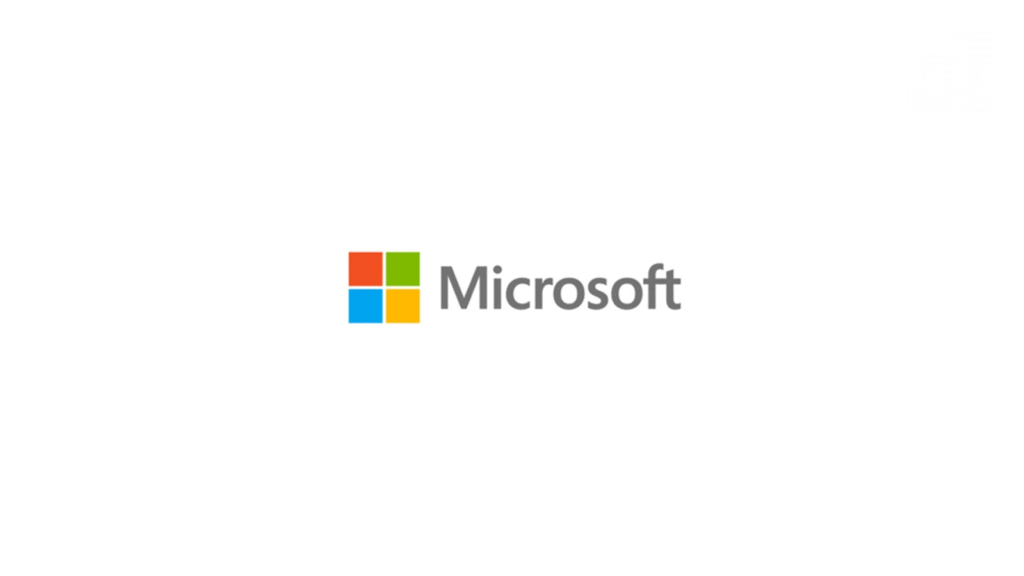Microsoft has a new vision for the future of work. Experts predict that the near future will transform us into AI management professionals instead of human workforce supervisors. Smart computer software applications will execute operations, including meeting scheduling together with data analysis, and supply management. You instruct them with tasks, and they will perform the assignments. Microsoft calls this new type of company a “frontier firm,” where humans and AI work together.

How Frontier Firms Will Work
Microsoft says frontier firms will be faster and smarter than today’s companies. Here is how it will happen in three steps.
- AI Assistants for Everyone
Every worker gets an AI helper. This helper can write emails, find information, or create reports. Think of it like a super-smart robot coworker. - AI Joins the Team
Next, AI becomes a full team member. It can do bigger jobs, like planning projects or tracking sales. An AI system manages inventory in stores, so employees are free to handle customer service needs. - You Become the Boss
Finally, you tell the AI what to do, and it works on its own. If you work in shipping, AI could handle delivery routes while you talk to suppliers. You check in sometimes, but the AI does most of the work.
Why This Matters
Microsoft believes this will make jobs easier. Instead of doing boring tasks, you can focus on creative ideas. Big companies like McKinsey already use Microsoft’s AI tools to schedule meetings and analyze data.
The Good and Bad of AI Bosses
Microsoft says AI will help workers be more productive. But experts worry about jobs.
- The Good
AI could take over dull tasks like filling out forms or sorting files. This gives you time to learn new skills or solve big problems. - The Bad
Some jobs might disappear. A report says 60% of jobs in places like the U.S. could be affected by AI. Half might lose hours or pay. In the UK, up to 3 million jobs could change.
Dr. Andrew Rogoyski, an AI expert, says companies might hire fewer people if AI does the work. “Losing human workers means losing ideas and relationships that keep companies strong,” he warns.
What You Need to Know
Microsoft says workers must learn to manage AI. Schools and companies will teach skills like giving clear instructions to AI or checking its work. Right now, only 40% of workers understand AI tools well, so training is key.
Some leaders plan to hire AI experts instead of regular workers. Jobs like “AI trainer” or “data helper” could become common. But many worry this will leave people without jobs.

The Future of Work
Microsoft’s vision is exciting but uncertain. Will AI make jobs better or take them away? The answer depends on how companies use the technology. One thing is clear: Understanding AI will be as important as using a computer is today.





